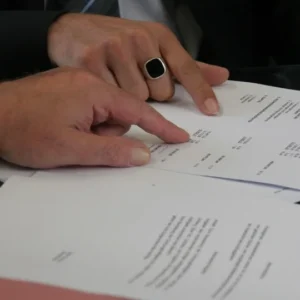WHAT ARE THE KEY TERMS OF A DISTRIBUTION AGREEMENT?
A Distribution Agreement marks a significant step in the business strategies of manufacturers and distributors. It is a legal document that outlines the responsibilities and rights of both parties, setting the groundwork for what is often a long-term partnership










